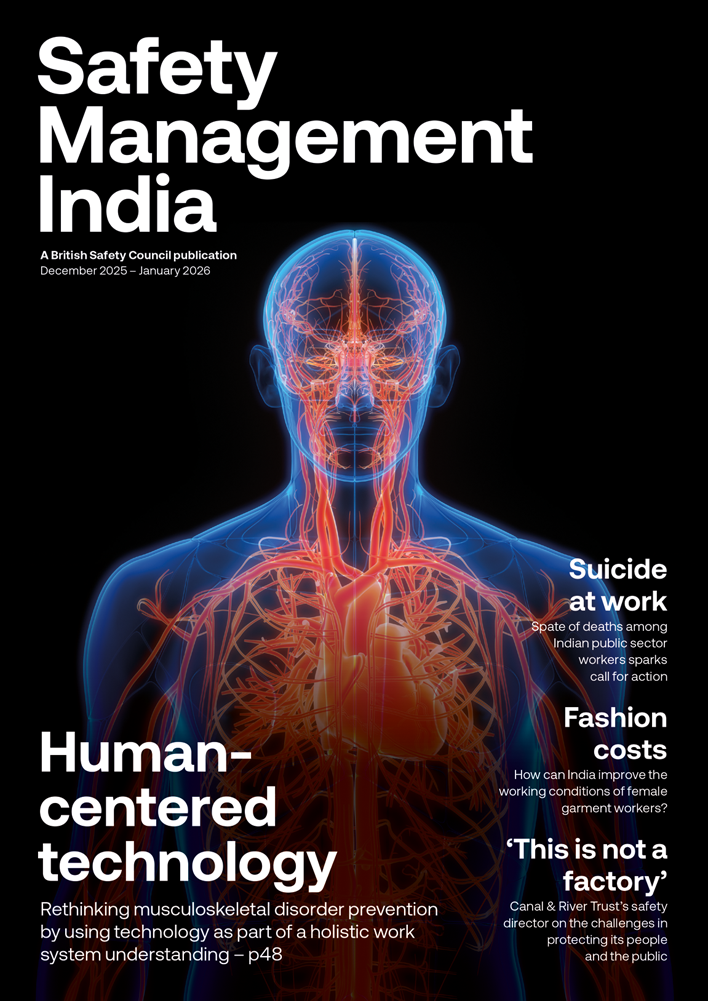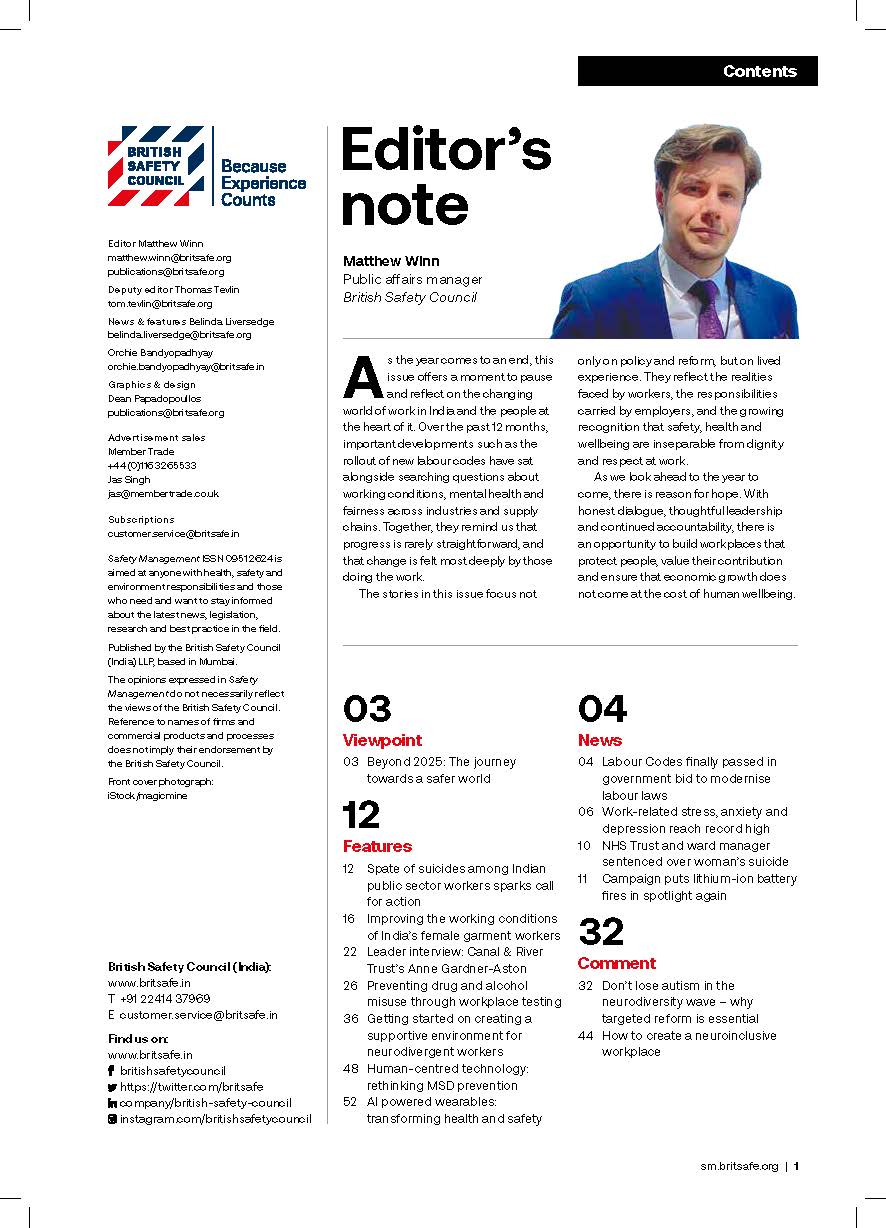Emerging technologies have the potential to fundamentally reshape the world of work. These technologies can enhance productivity and, in many sectors, improve occupational safety and health (OSH) outcomes for workers. However, they may also introduce new risks that are difficult to anticipate and manage.
News
Workers report having to engage in ‘emotional labour’ to remain positive, finds study on emerging technologies
That’s the view of Hampton Toole and Giulia Maistrello, both analysts from RAND Europe, who conducted a review for Lloyd’s Register Foundation (LRF) Global Safety Evidence Centre to assess what is known about the impact of emerging technologies on worker safety.
The research team synthesised global evidence and engaged with stakeholders from industry, regulation, government and academia to better understand the impact of emerging technologies on workers’ safety, health and wellbeing.
 Emotional AI refers to the ability of machines to detect and interpret someone’s emotional state using sensors and machine learning. Photograph: iStock
Emotional AI refers to the ability of machines to detect and interpret someone’s emotional state using sensors and machine learning. Photograph: iStock
“Our findings show that this wide range of technologies can support OSH outcomes and boost workplace productivity, but they also have potential implications for workers’ physical and psychosocial health and wellbeing,” write the authors in a blog post for LRF. “While outcomes can vary significantly across technologies, for many, the impacts – whether positive or negative, physical or psychosocial – remain unclear.”
The study focused on several technologies relevant to OSH and wellbeing outcomes.
These included emotional artificial intelligence in a range of sectors including desk-based occupations. Emotional AI refers to the ability of machines to detect and interpret someone’s emotional state using sensors and machine learning.
While it may, said the report “enable employers to identify health and wellbeing issues” it was also found to increase anxiety and stress. Workers reported having to engage in additional ‘emotional labour’ to remain positive even when faced with stressful situations or abusive customers.
Other technologies considered in relation to OSH and wellbeing included algorithmic management which automates or assists in supervising and evaluating workers, wearable devices which track health data and environmental risks, collaborative robots (cobots) and augmented and virtual reality (AR/VR) in relation to safety training.
“Because emerging technologies are, by definition, new and evolving, it is difficult to keep pace with the risks they may introduce,” write Toole and Maistrello. “This challenge is compounded by the reluctance of many organisations to share data on the potential effects of these technologies on OSH and wellbeing, even when such data are collected. It is essential to encourage employers and OSH professionals to conduct thorough risk assessments of these technologies using adaptive frameworks that still support agile implementation.”
Read the impact of emerging technology on safety at work report from the Lloyd's Register Foundation here
NEWS
Employment rights bill passes into law, bringing 'work into the 21st century'
By on 24 December 2025

Long awaited Labour Codes finally passed in government bid to modernise labour laws and boost workers’ safety, wellbeing and employment rights
By Orchie Bandyopadhyay on 11 December 2025



